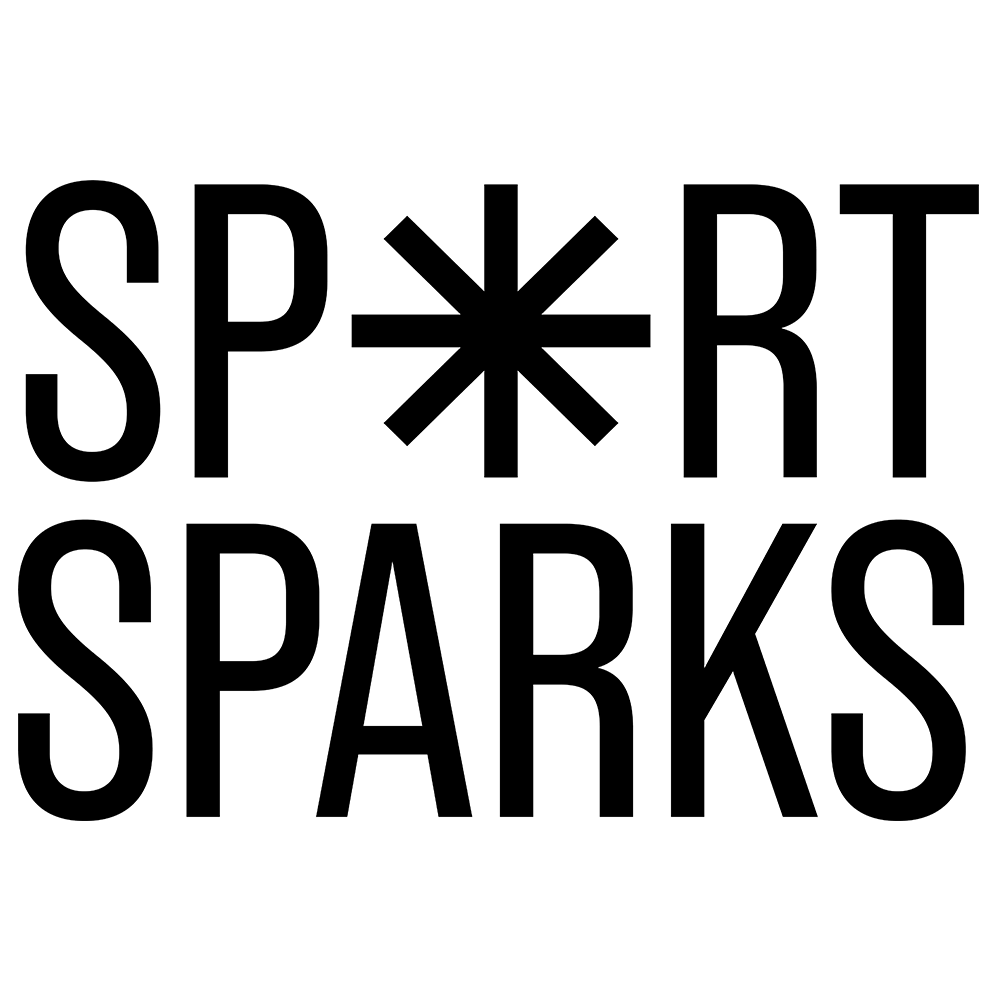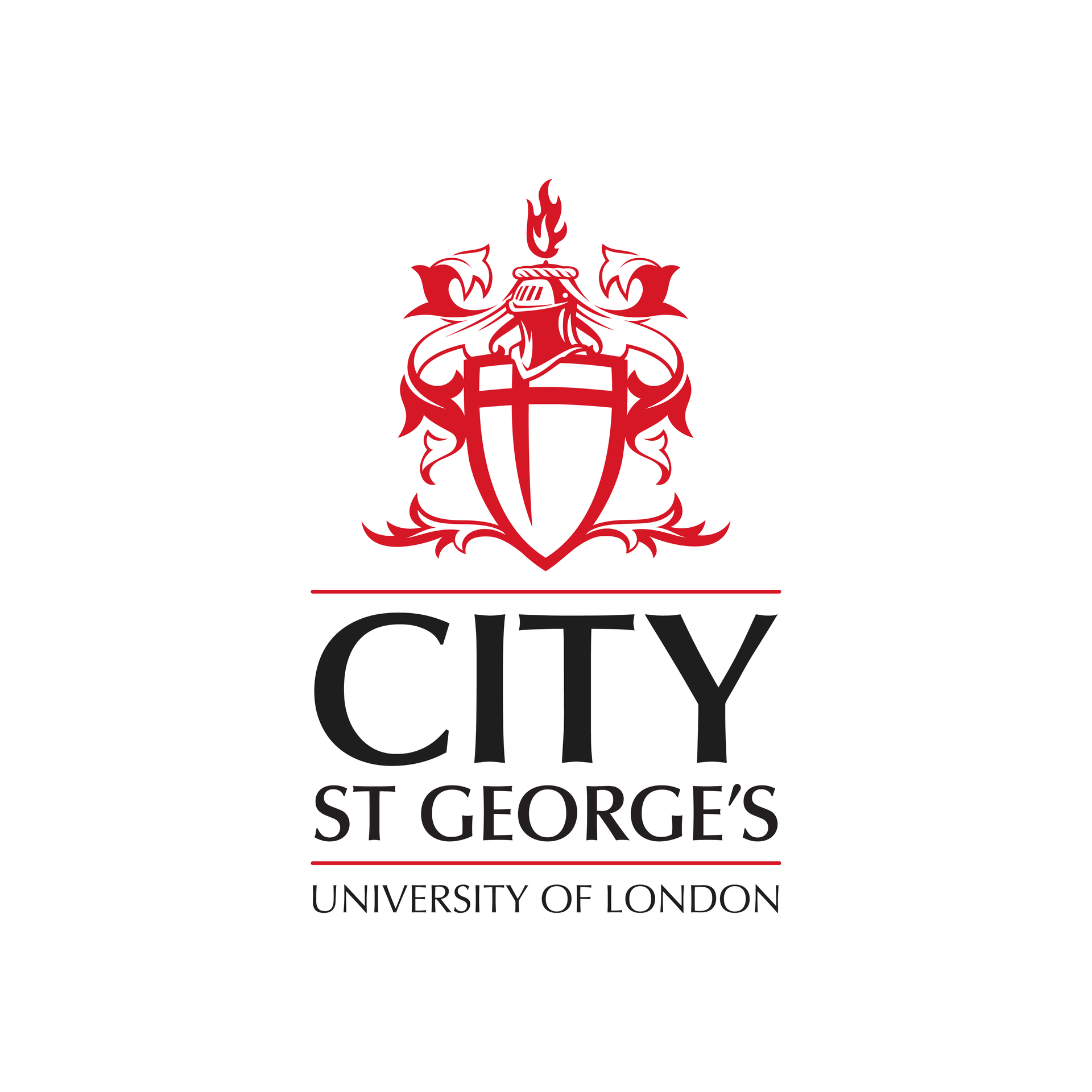THE ATHLETE
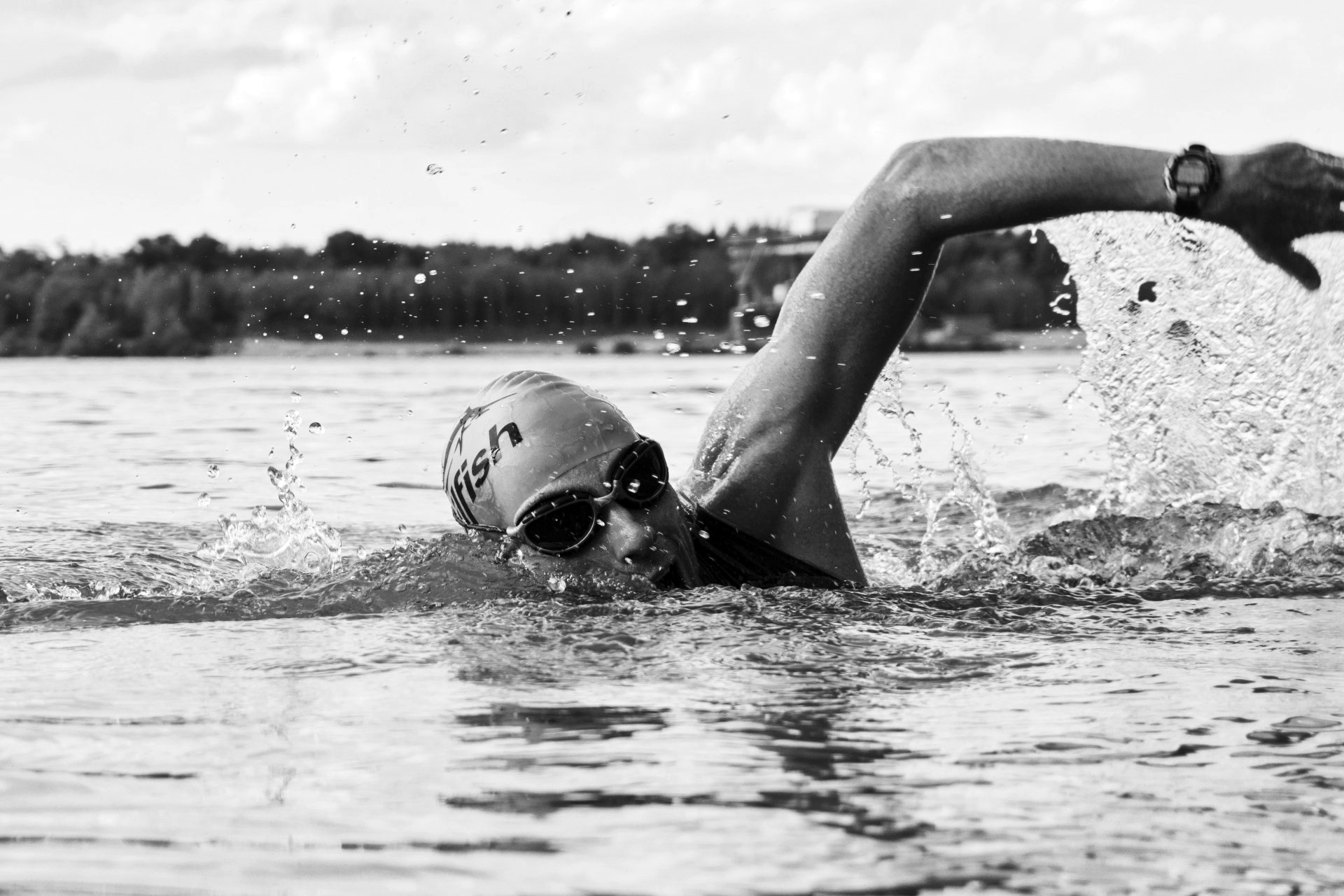
Good coaching should be athlete-centric; understanding the athletes and their teams, and adapting your coaching to them. E.g.
ATHLETE TRIGGERS
- Ask if their daily training activities and locations are best-suited to them
- Work with them to set agreed targets which promote growth and success
- Get to know your athletes – their values, backgrounds, what they know and what they don’t
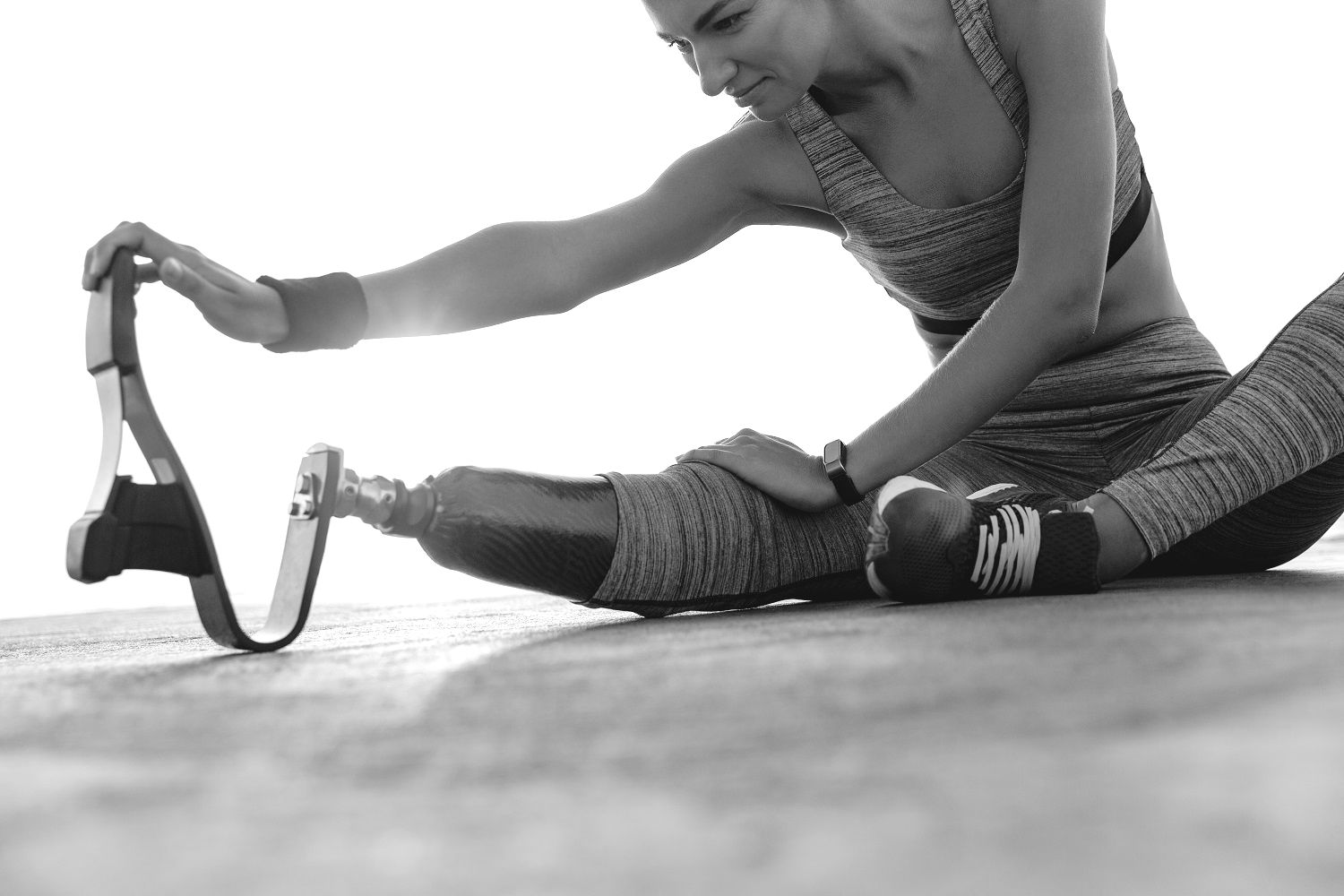
MOTIVATION
For effective coaching, understand what motivates your athletes and set goals which align with these motivations. E.g.
- Talk regularly with your athletes, and others, about what motivates them
- Develop training plans that are individualized to each athlete’s goals
- Encourage the athletes to master their sport and compete successfully
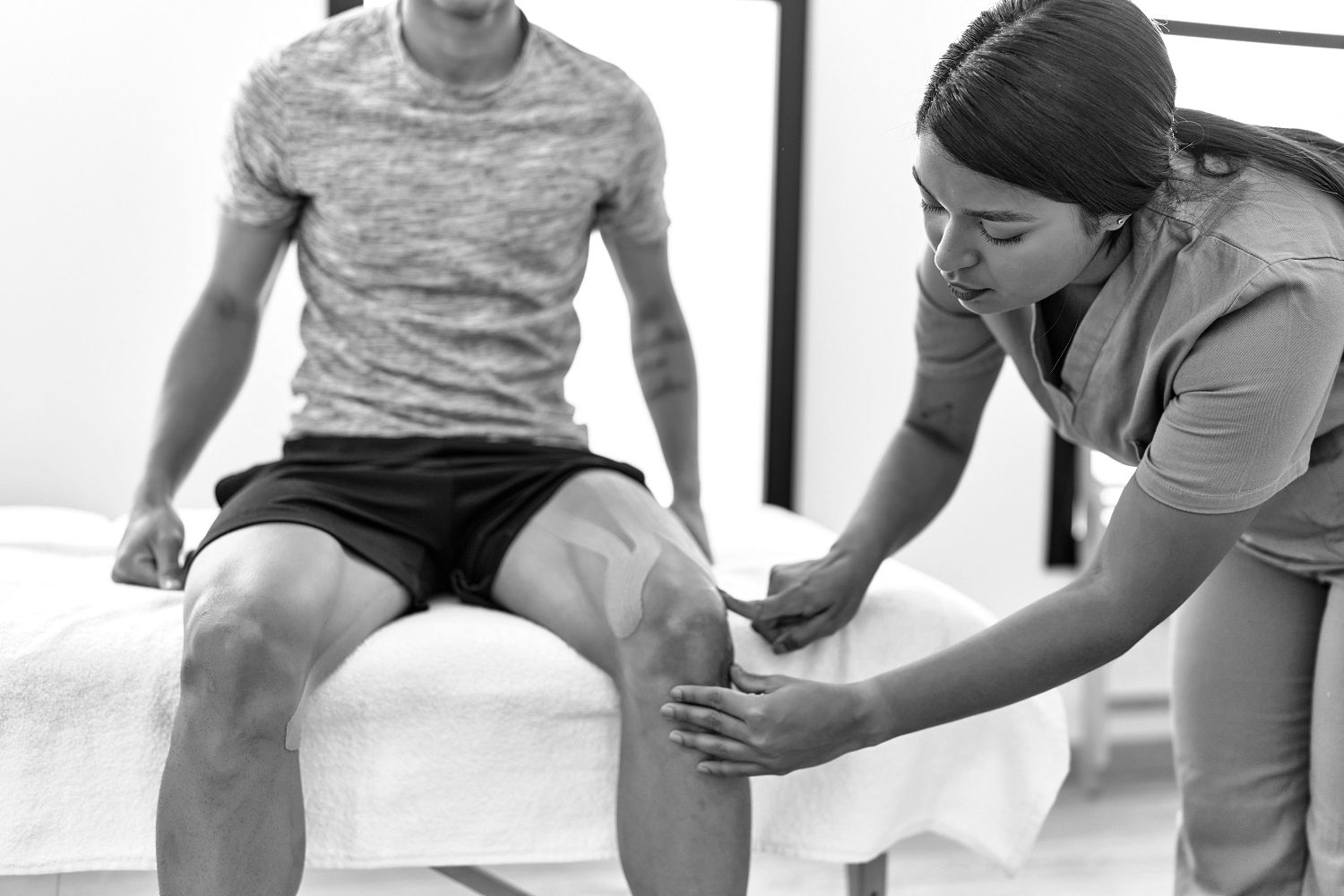
PHYSICAL WELLBEING
Many factors impact on an athlete’s physical wellbeing. Try to cover most of these factors in your coaching. E.g.
- Encourage athletes to be aware of the diverse factors that can impact on their physical wellbeing – from alcohol and diet to sleep and wellness
- Incorporate more holistic training programs to contribute to greater wellness
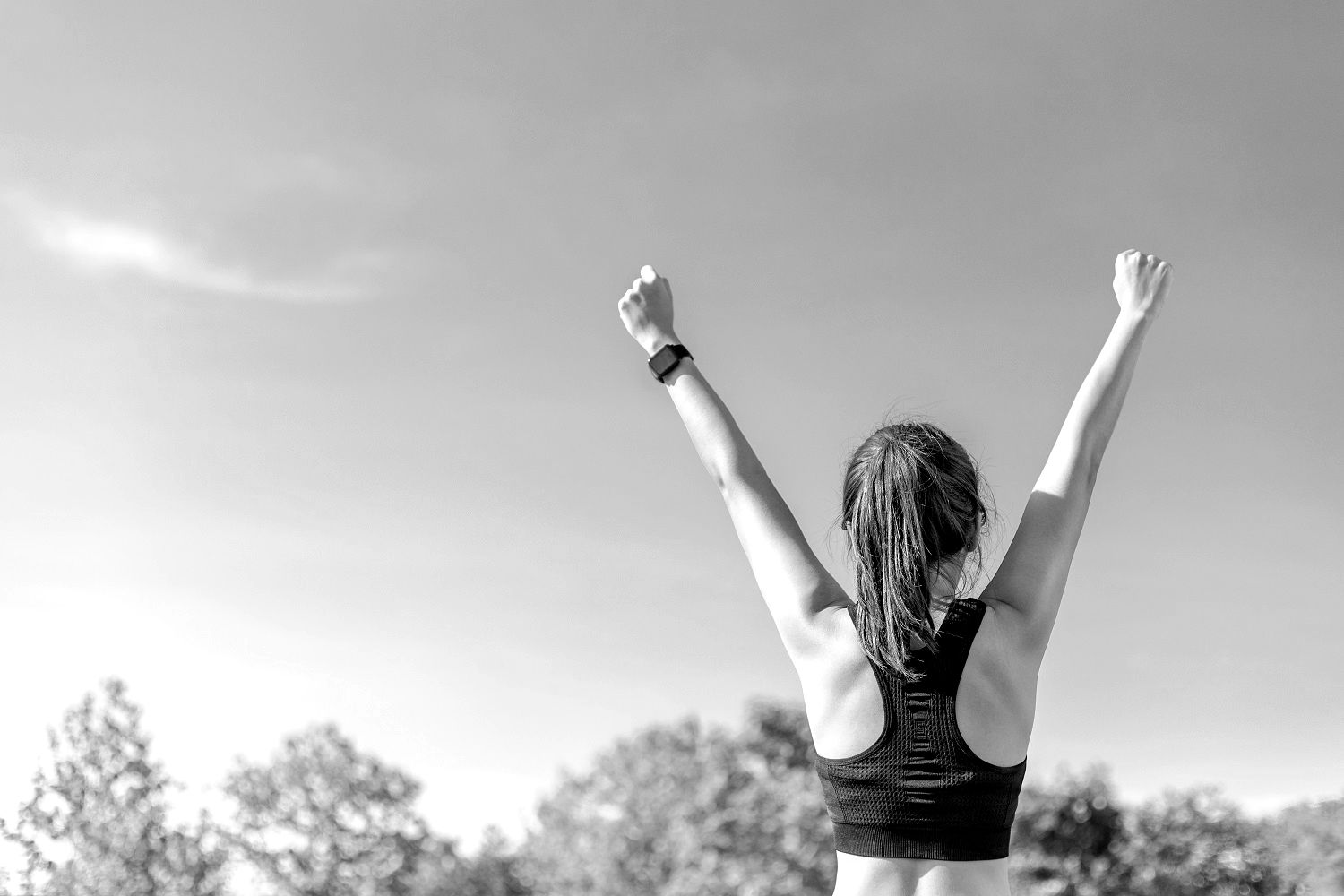
MENTAL WELLBEING
Mental wellbeing is core to athlete performance. Make wellbeing a focus of your coaching. E.g.
- Understand each athlete’s full development needs
- Reduce factors that might be negative to wellbeing, such as stress and conflict
- Enable athletes to manage their emotions, in order to grow as people
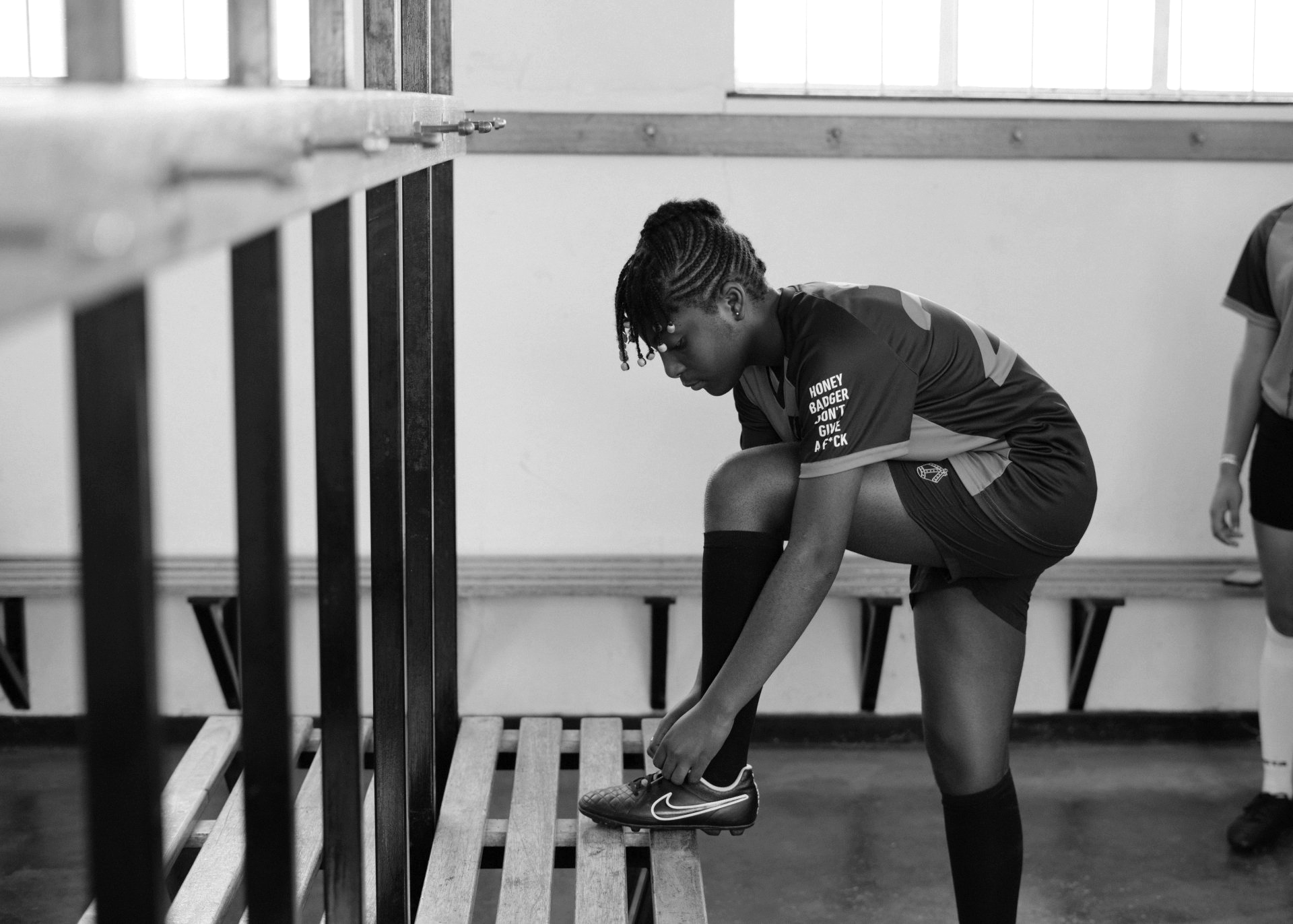
ADOLESCENTS
Younger athletes differ from adult ones in many ways – adapt your coaching to both their needs and limitations. E.g.
- Make your coaching and training activities age-appropriate
- Recognise different physical and mental limitations that impact on younger athletes
- Acknowledge that younger athletes are still developing, both emotionally and socially
